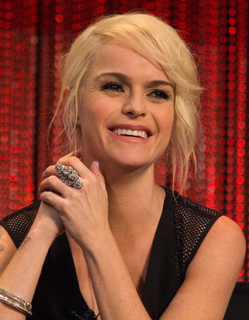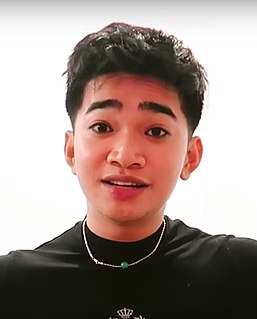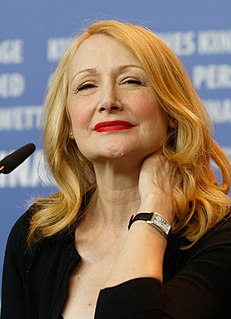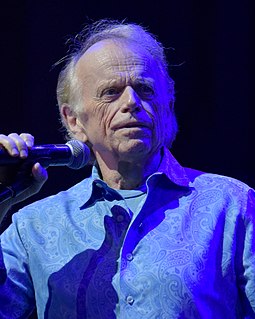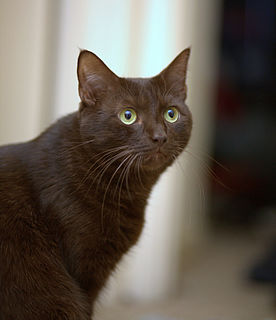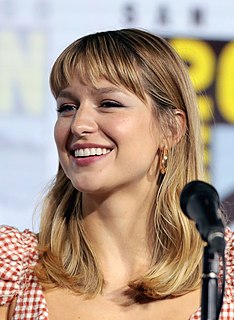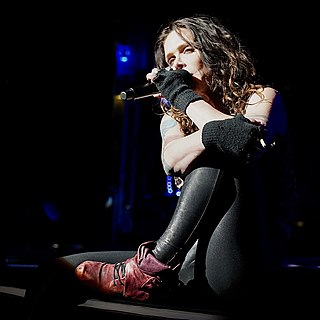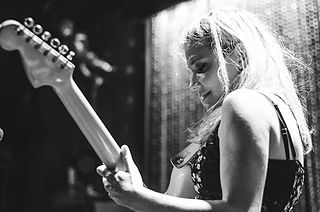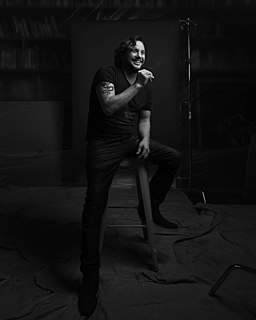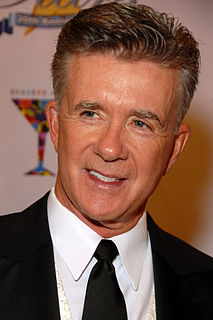A Quote by Taryn Manning
I've made money doing things I love. DJing was a hobby. When I bought my turntables my mom said, "Oh what now, Taryn?" But it became pretty fruitful right away. I come from a very music-oriented family.
Related Quotes
In terms of what has been happening recently, there have been, I think, some really interesting new instruments that have come out that sort of show me the direction of the future. Korg has introduced the - they've had a whole series now of these things called Kaoss Pads. They're wonderful because they do get your muscles working again. And what DJs do, of course, with their DJ turntables now, the CD turntables, which have pitch change and speed change and everything else. They're doing something that I think is interestingly physical.
When I moved to London, I was working on music - producing, writing - and that's where I discovered DJing. I started partying every night because I just needed to dance and enjoy music and forget about things, and that's when I started to notice DJing is the best job in the world. I honestly believed I could do it very well.
A couple of years ago, my wife, Erica, and I were getting our daughter ready for school and an image of President [Barack] Obama was on one of the morning shows. And I said, oh, look, Carina, there's the president. You can be president one day. And she said, right away, that's for boys. And so right away I said, oh, no, you can be a doctor. You can be a lawyer. You can be anything you want. You can be president.
I run into people from the Lehigh Valley and Allentown all over the world, and they're obviously doing pretty well. They say, "Oh, it's pretty nice there now and there's a lot of new businesses that have come into the area." Nobody's telling me, "Yeah, I left." Everybody says, "You know, I'm there. It's great. It's really nice there, and you made our town famous."
I made a lot of money with the Chinese, and I know the Chinese very well. By the way, they don't love us. I will tell you that. Just in case anybody has any question. They don't. They always say, "Oh, but they have our debt." Think of it they take our money and then they loan it back to us and we have to pay 'em interest. It's very... It would be something to solve very easily, if you have the right messenger. We don't have the right messenger. Barack Obama is the wrong messenger.
Miles Davis came in a couple of days and said, "Oh, man, I love that. Keep going." So he said, "Let me know when you need trumpet." And he came in, and he was sitting there, and I was very intimidated, because now he's going to play the trumpet on something that I wrote." He starts to play, and I go, "That's not right, but I don't know how to tell him it's not right." Finally he goes, "When are you going to tell me what to do?" He said, "This is your music. I know you know how it's supposed to sound. Stop fooling around. We don't have time."
If I was a young director starting off, there's so many tools at your disposal now to do things relatively inexpensively that it's a great time to learn your chops and do some cool music videos. If I started all over again, I'd still be doing music videos, I'd just be doing them very differently. It's very difficult for me to do them now, but for young kids out there that love music and want to tackle a different art form - and I do think music video is an art form - that's a very cool thing to do.
I worked for [Canadian Country Music Hall of Fame inductee] Tommy Hunter. It was a wonderful training program at the CBC, because they made sure they never paid you very much, so you had to do a lot of things, and that way you made some money. [A phone rings.] That's my agent right now telling me I've got a 13 cent residual from Tommy Hunter in 1969.
